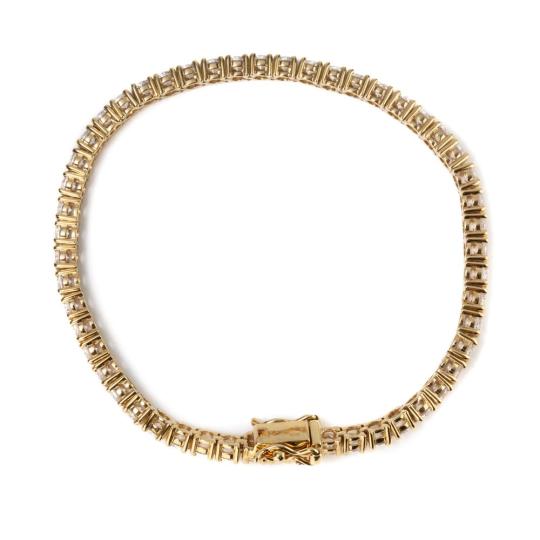Text

Mary Wollstonecraft Shelley, from The Complete Novels & Short Stories of Mary Shelly
333 notes
·
View notes
Text


nasr a. aziz eleyan, "grandchild," 2007, oil on canvas
photograph of the palestinian artist with his granddaughter, lina
32K notes
·
View notes
Text
In The Odyssey, Odysseus is extraordinary for the flexibility with which he can inhabit many different names, or no name at all. It is this quality of being multinamed and nameless that enables him to survive. By contrast, almost all the warriors of The Iliad yearn to have a name and a story that lasts forever. Their many names and titles, as sons and brothers and comrades and fathers and rulers, are essential to their identities, their connections with one another, and their fame after death. They fear, above all, being humiliated (cursed with a negative name), or forgotten and nameless. The lists and catalogs of names are essential to the poem’s own work, of memorializing and mourning the dead. Once the bodies return to dust, these syllables are all that remain.
– Emily Wilson, Translator's note for The Iliad.
1K notes
·
View notes
Text
my heart's full to the brim w the joy of loving btw. i'll die one day but also i won't. on account of the love.
22K notes
·
View notes
Text

winter along the mississippi, illinois, 2022
334 notes
·
View notes
Text
“What stands in the way becomes the way.”
— Marcus Aurelius
345 notes
·
View notes
Text

Charles Wright, from "Georg Trakl Journal", The World of Ten Thousand Things: Poems 1980-1990 [ID'd]
956 notes
·
View notes
Text

Prageeta Sharma, from “I Am Learning to Find the Horizons of Peace”, You Are Here: Poetry in the Natural World
2K notes
·
View notes
Text
ray bradbury was right: "September. In the last days when things are getting sad for no reason" etc
3K notes
·
View notes
Text
“A merely beautiful object gives us pleasure but perhaps little more; it is unlikely to exhilarate in the same way as the Sublime. When we look at a beautiful statue, piece of furniture, face or flower, we probably feel a satisfaction that everything is perfectly as it should be, and unquestionably in the right place. There is a sort of appropriation that happens – we might wish to possess the thing in some way, to line it up on a shelf, to display it for guests or for ourselves to marvel at. There is also, in most beautiful things, a lingering sense of transience, of finitude. A flower will die, the chair will break, and that beautiful person will wither and pass. We might say that beauty in its most striking forms seems to ache; it is often tinged with the sadness of a fleeting moment that will never occur again. The Sublime, on the other hand, seems to appropriate us, and its relationship to death is more explicit. We are beholding something frightening – kept safe by that all-important distance – which, if circumstances were different, might well be an agent of destruction.”
— Derren Brown, A Book of Secrets: Finding Solace in a Stubborn World (via luxe-pauvre)
502 notes
·
View notes







